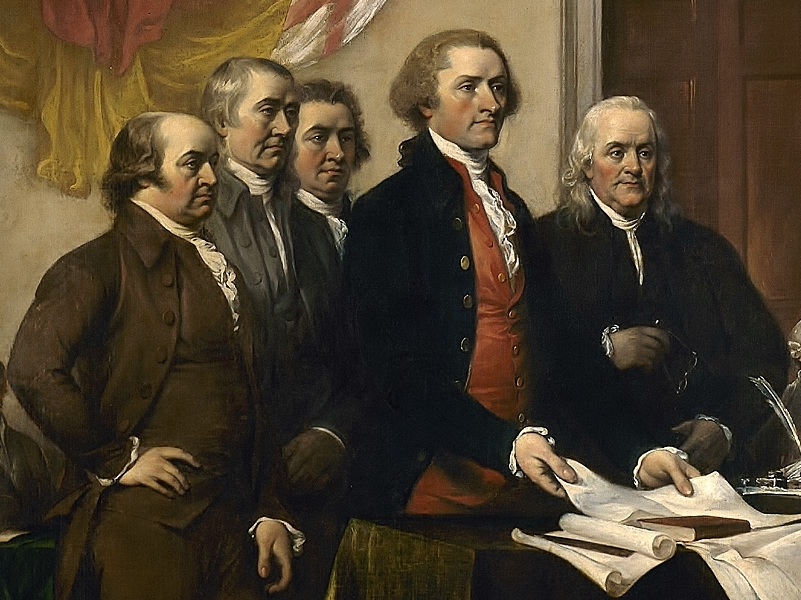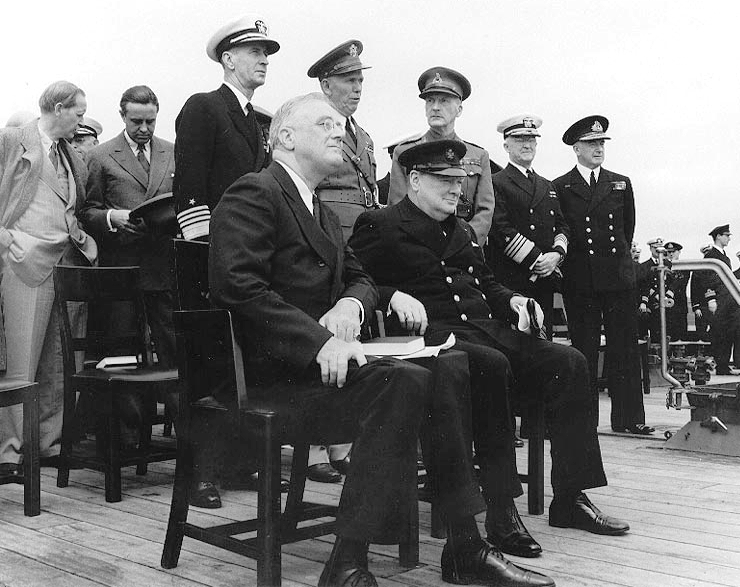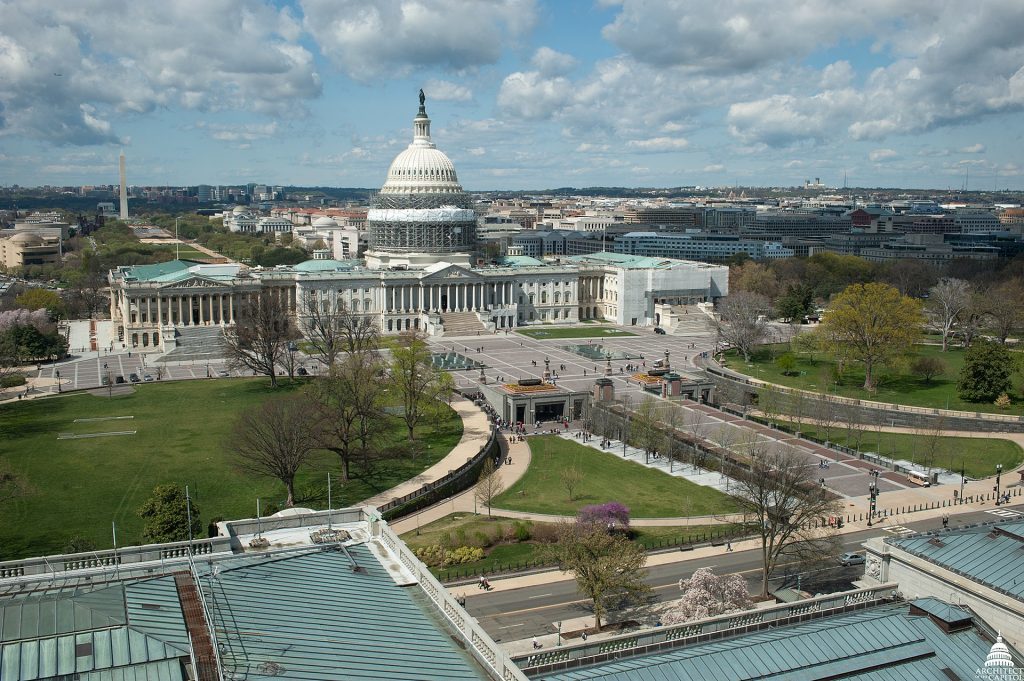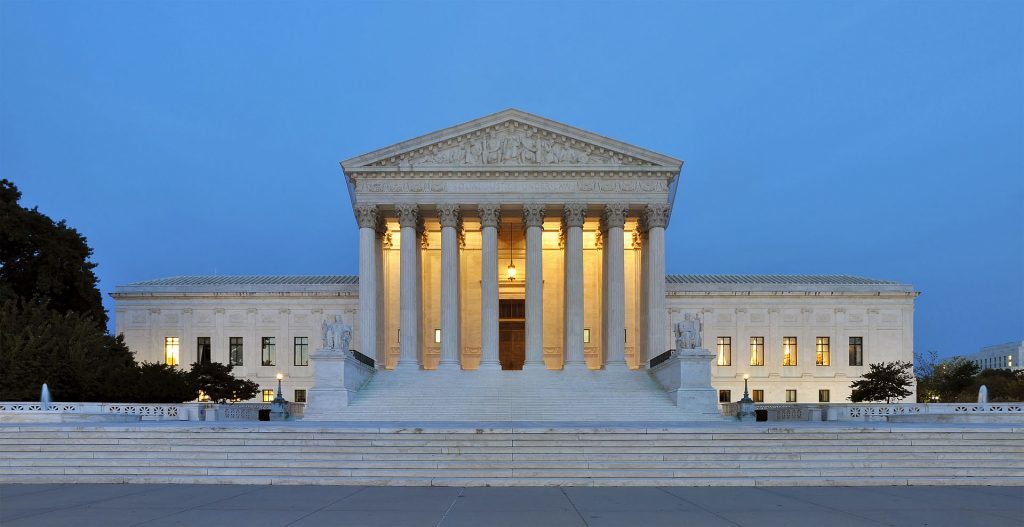The parochialism implied by the title of West’s book and reflected in much of its content contrasts with the universality of the founders’ rhetoric and with the timelessly applicable ideas of natural rights and the natural law. The Political Theory of the American Founding is a remarkable, important, and impressive book. It is a decisive […]
Latest Articles
The Founders on Race and the Rational Basis of Natural Law: Reply to Peter Myers
For the founders, the social compact is based on equal consent on both sides. Existing citizens should consent to new citizens, just as new citizens should consent before being admitted to citizenship. I thank Peter Myers for his generous assessment of my Political Theory of the American Founding – at least in the first half […]
The Election of 1940
While the war in Europe played a significant role in the parties’ nominations for the presidential election of 1940, it had a relatively small part, and less than is usually understood, in voting. The American presidential election of 1940 was both important and fascinating. Franklin D. Roosevelt became the first sitting president to run for […]
Congress in the Light of History
What should we expect of a separation-of-powers regime interlaced with tough checks and balances? What should we expect of a legislature representing a heterogeneous public that seems to be growing more heterogeneous, not to mention more fractious, all the time? To think about these matters, it may pay to reach for historical perspective. Grousing about […]
Supreme Court Expansion of Presidential Power: Unconstitutional Leanings
Starting with the Curtiss-Wright decision in 1936 and carrying forward to Zivotofsky v. Kerry in 2015, the Supreme Court has resorted to erroneous dicta and deference to promote independent executive power in external affairs. These judicial misconstructions have done severe damage to basic constitutional principles, including checks and balances and self-government. The bias toward presidential […]





